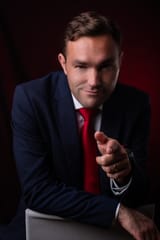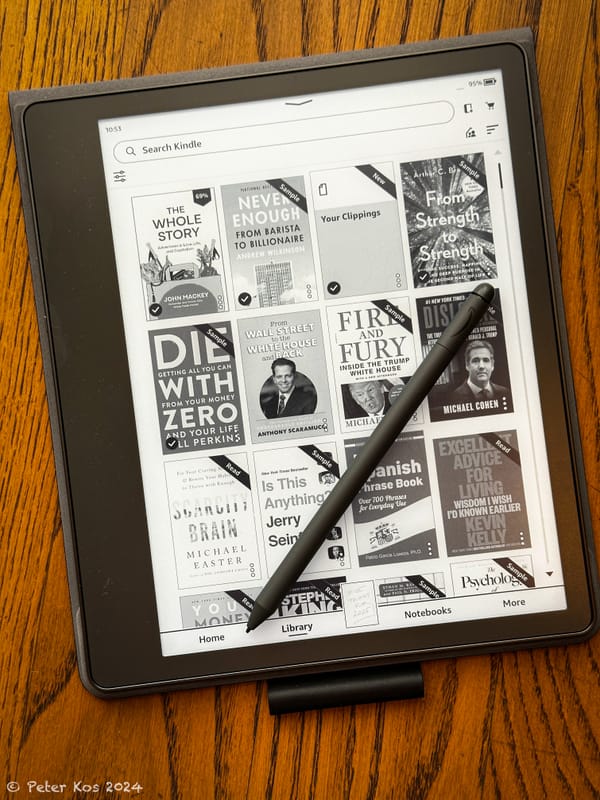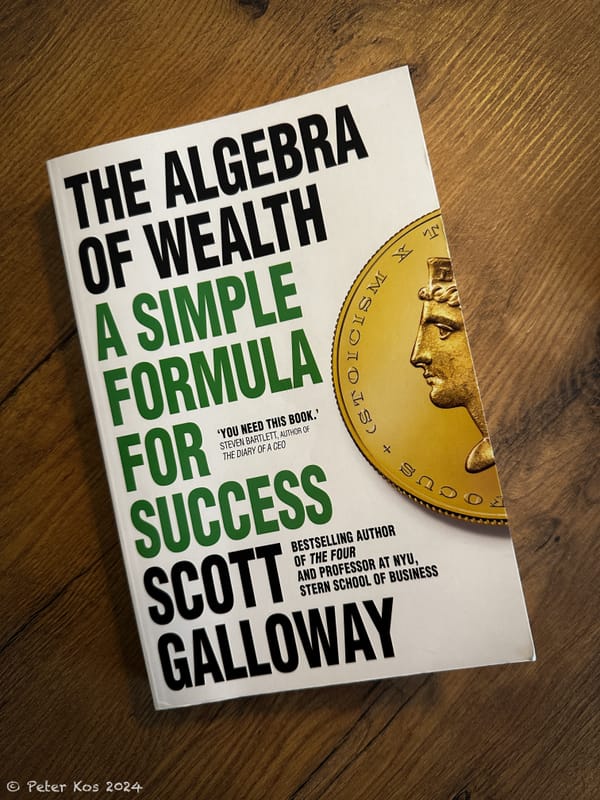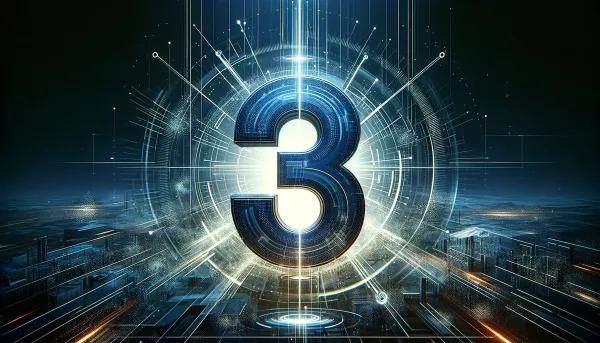Elon Musk by Walter Isaacson ⚡️ 🚀 𝕏
“I reinvented electric cars and I'm sending people to Mars on a rocket ship,” Musk said. “Did you think I was going to be a chill, normal dude?”
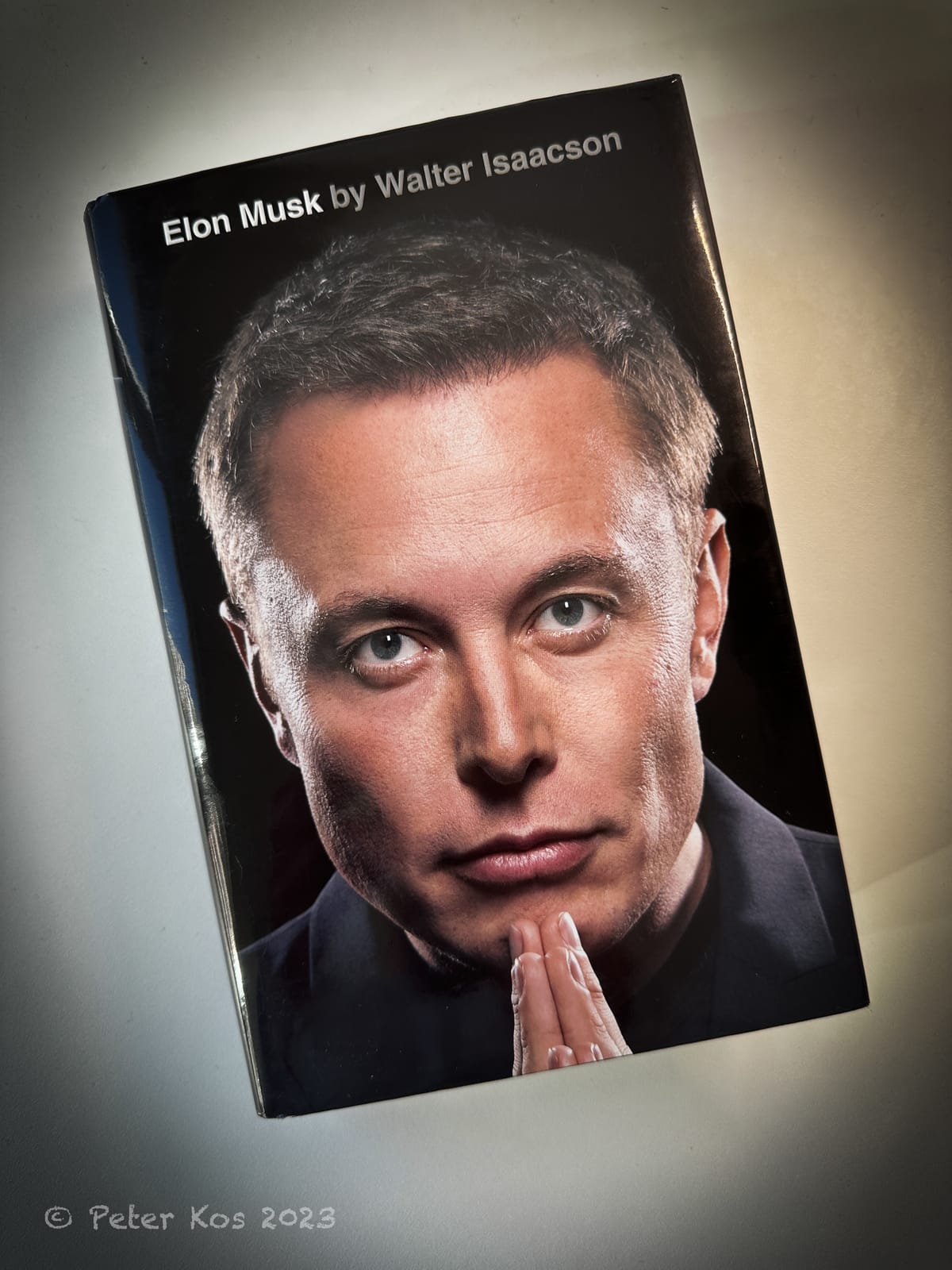
Walter Isaacson is the author of the famous biography of the late Steve Jobs. I really loved that book, so I approached the Elon Musk story with great expectations. And the author didn't disappoint.
We all know some version of Musk's story, but this one is different because Isaacson shadowed Elon for two years, attended his meetings, walked the factories, and spent hours interviewing him and his family, friends, coworkers, and adversaries.
From the book flap:
When Elon Musk was a kid in South Africa, he was regularly beaten by bullies. One day a group pushed him down some concrete steps and kicked him until his face was a swollen ball of flesh. He was in the hospital for a week. But the physical scars were minor compared to the emotional ones inflicted by his father, an engineer, rogue, and charismatic fantasist.
His father’s impact on his psyche would linger. He developed into a tough yet vulnerable man-child, prone to abrupt Jekyll-and-Hyde mood swings, with an exceedingly high tolerance for risk, a craving for drama, an epic sense of mission, and a maniacal intensity that was callous and at times destructive.
At the beginning of 2022—after a year marked by SpaceX launching thirty-one rockets into orbit, Tesla selling a million cars, and him becoming the richest man on earth—Musk spoke ruefully about his compulsion to stir up dramas. “I need to shift my mindset away from being in crisis mode, which it has been for about fourteen years now, or arguably most of my life,” he said.
It was a wistful comment, not a New Year’s resolution. Even as he said it, he was secretly buying up shares of Twitter, the world’s ultimate playground. Over the years, whenever he was in a dark place, his mind went back to being bullied on the playground. Now he had the chance to own the playground.
Whatever your opinion of Elon, he's the force changing our world, and this quote from his SNL monologue sums it up well:
“I reinvented electric cars and I'm sending people to Mars on a rocket ship,” Musk said. “Did you think I was going to be a chill, normal dude?”
I love Musk's story about an immigrant who struggled all his life and yet became super successful, changed at least two major industries, and it seems he's doing all that to escape his demons.
It's a story of hard work, hardcore, and relentless demands of his teams, all while being fully invested in his businesses, not only financially but also mentally and physically.
The algorithm
This expression probably leaves many Tesla, SpaceX, and X (former Twitter) employees shaking, and I guess it's something that every leader can have in his toolbox to resort to when necessary:
- Question every requirement.
- Everything needs to have the name of the person that created it.
- Delete any part of the process you can.
- if you don't end up adding back at least 10% of the steps, you haven't deleted enough.
- Simplify and optimize.
- After deleting in step 2, make sure you're not optimizing something that should be deleted anyway.
- Accelerate cycle time.
- Every process can be speeded up.
- Automate.
- The last step, after most of the crap is deleted, and what's left is simplified, optimized, and speeded up.
In addition, there are a couple of extras, like all managers needing to have hands-on experience, so they're not cavalry leaders who can't ride a horse.
Camaraderie should be avoided so that people are more likely to challenge each other's work.
It's OK to be wrong as long as you're not confident and wrong.
Never ask your troops to do something you're not willing to do.
For problem-solving, meet one level below your managers to be closer to the problem.
When hiring, look for people with the right attitude. Skills can be taught. Attitude changes require a brain transplant.
The only rules are the ones dictated by the laws of physics. Everything else is a recommendation.
I guess this last one is something you need to practice if you want to change the world. Otherwise, going by the rules won't get you anywhere.
Bottom line: Walter Isaacson's Elon Musk is a worthwhile read. It's full of short chapters, so it's quite easy to digest despite being almost a 700-page beast. I went through the hardcover copy, and it's one heavy brick that's totally worth reading.
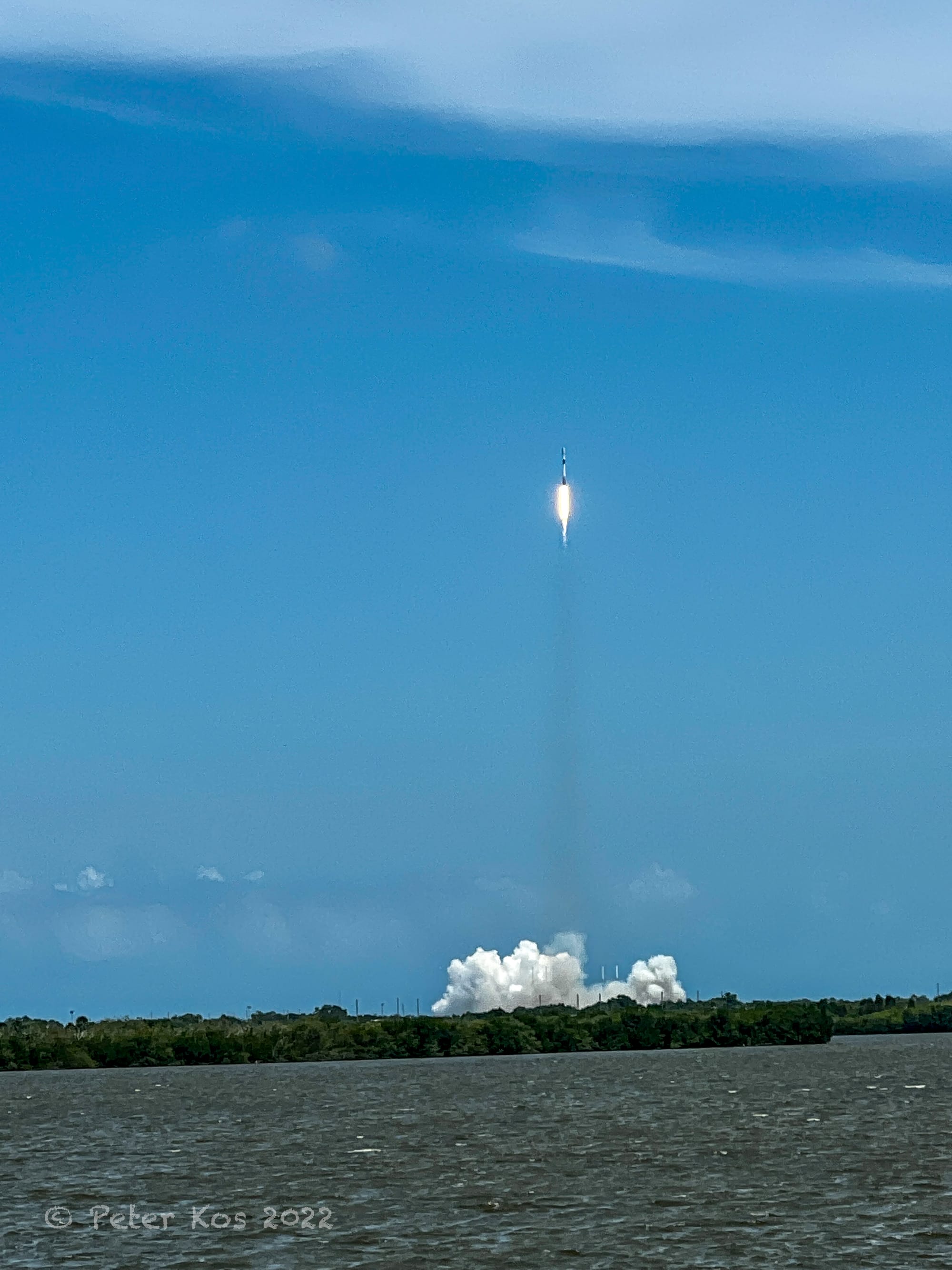
Based on more than forty interviews with Steve Jobs conducted over two years—as well as interviews with more than 100 family members, friends, adversaries, competitors, and colleagues—Walter Isaacson has written a riveting story of the roller-coaster life and searingly intense personality of a creative entrepreneur whose passion for perfection and ferocious drive revolutionized six industries: personal computers, animated movies, music, phones, tablet computing, and digital publishing. Isaacson’s portrait touched millions of readers.

